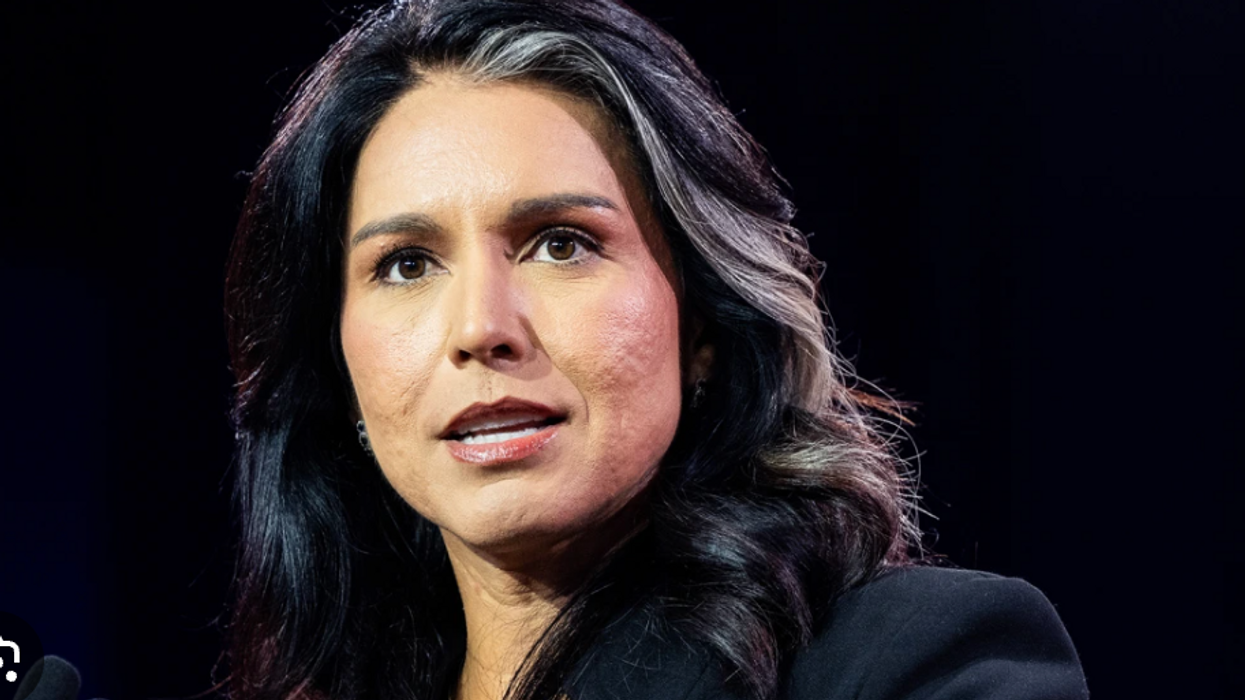Viral Fury: Fourth Grader Puts RFK Jr. On Blast Over 'War On Autism'
Advocacy groups are outraged over Health and Human Services Secretary Robert F. Kennedy Jr.'s war on Americans with autism.
They say Kennedy uses the disorder as a political tool and pushes damaging stereotypes that spread misinformation.
“The U.S. Secretary of Health, RFK Jr., made false comments about autism, like people with autism are broken, that autism is caused by vaccines, and that people with autism will never have jobs or families,” said Teddy, a fourth grader from New Jersey whose statement at a school board meeting went viral earlier this month.
“I have autism and I’m not broken,” Teddy said. “And I hope that nobody in Princeton Public Schools believes RFK Jr.'s lies.”
The New Jersey schoolkid and autism awareness groups felt the need to speak out after Kennedy’s vile comments last month about U.S. autism rates, where he repeated his false claim that autism is an epidemic that “destroys families.”
Kennedy also mischaracterized autism as a “preventable disease” and falsely asserted that 25% of autistic people are non-functioning—ridiculous notions that experts say are inaccurate.
“His comments were incorrect, but more to the point, they were eugenic,” Colin Killick, executive director of the Autistic Self Advocacy Network, told the Boston Globe. “Talking about autistic people as themselves being destroyed but also having destroyed their families is a horrific argument.”
“There’s an unscrupulous industry of alternative medicine providers who exploit families by charging them tens of thousands of dollars to ‘recover’ people with autism,” Ari Ne’eman, who is autistic and an assistant professor of health policy and management at Harvard’s T.H. Chan School of Public Health, told NBC News. “The way that industry works is by terrifying families.”
David Mandell, a University of Pennsylvania psychiatry professor and director of the Penn Center for Mental Health, told PBS News that Kennedy’s “fixed, myopic view” stems from needing to interface with parents of autistic children and scientists who work in the field.
Julie DeFilippo, a social worker with an autistic son, told the Boston Globe that “as a parent of an autistic kid, I get hundreds of moments of joy every day. That’s the easy part—being at home and supporting him.”
Kennedy’s characterization of autism as a preventable tragedy also appears connected to his notorious anti-vaccine crusade. In a recent interview with Dr. Phil McGraw, he repeated the vigorously debunked claim of a link between autism and vaccines.
“Many of the parents have reported that their kid, that their child, developed autism immediately after [childhood vaccinations],” Kennedy told the psychologist-turned-TV star.
Kennedy has used his position as America’s chief public health official to launch what he claims is a scientific study into the cause of autism, to be led by an anti-vaccine activist with heinous ideas about treatments for the condition that include experimenting with chemical castration drugs.
“I have seen a lot of people treat [Autism Spectrum Disorder] as some sort of disease that needs to be ‘cured,’ which is very offensive towards people like me,” John Trainor, a high school student, told the Boston Globe. ”We are normal people who have a much harder time socially.”
Kennedy has also announced plans to create an autism database, using the private medical information of millions of Americans, promising Trump in a surreal Cabinet meeting in April that he’d be able to identify the cause of autism by September.
Kennedy announced on May 7 that he intends to direct the National Institutes of Health to use Medicare and Medicaid insurance claims related to autism diagnoses to build his database.
Critics point out that Kennedy’s plan amounts to an autism registry, and experts add that Kennedy’s promises are unrealistic.
"If you just ask me, as a scientist, is it possible to get the answer that quickly? I don't see any possible way,” Dr. Peter Marks, a former top vaccine scientist for the FDA, said on Face the Nation last month.
Kennedy’s talk about investigating autism is extra hypocritical considering the Trump administration’s slashing of funds for scientific research and haphazard dismantling of America’s public health institutions.
Reprinted with permission from Daily Kos.












